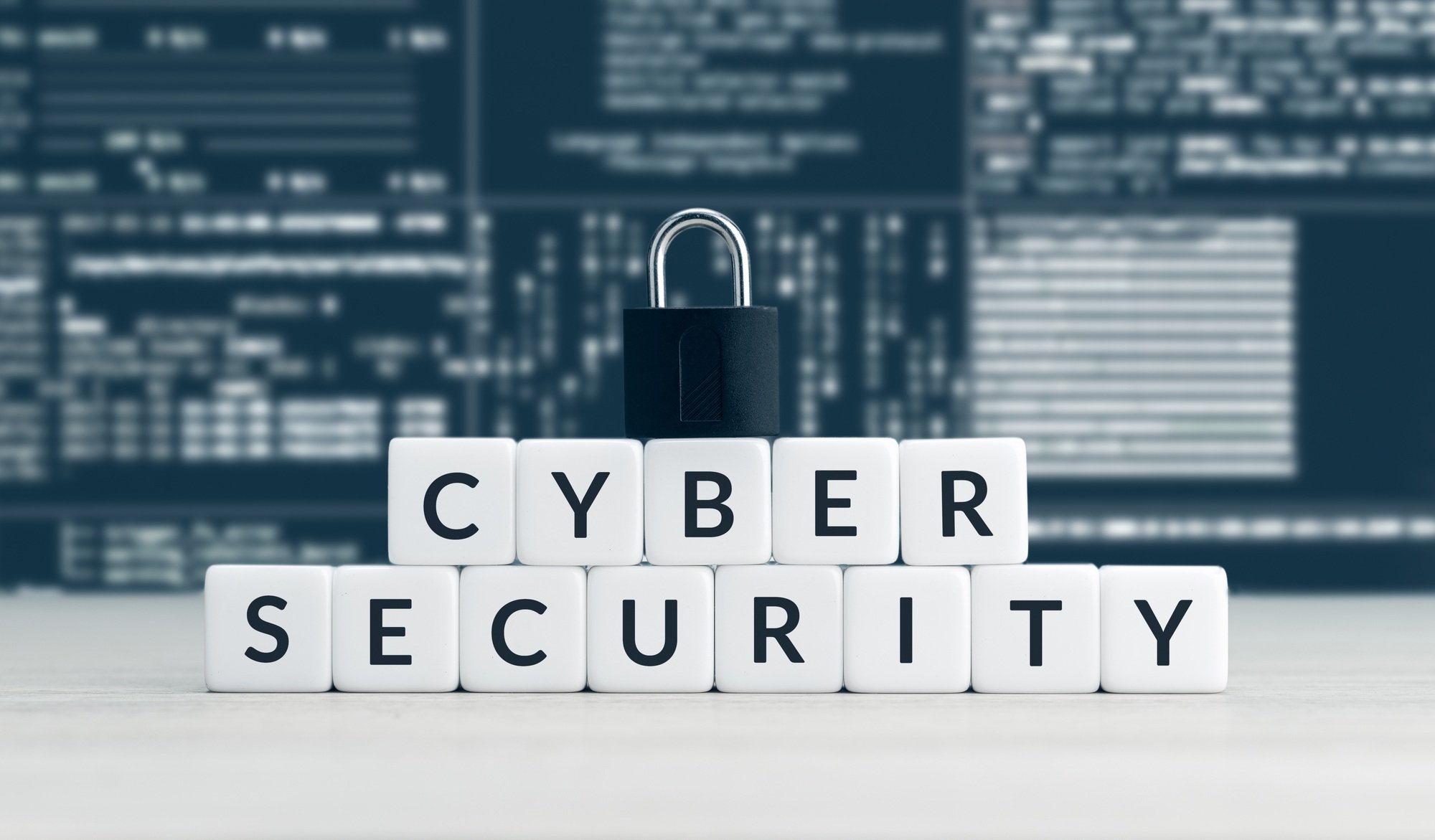Key Takeaways

- Essential Role of Cybersecurity Policies: A robust cybersecurity policy is vital for protecting sensitive data and maintaining client trust in today’s digital landscape.
- Key Components: Effective policies should include risk assessments, incident response plans, employee training, access controls, and data encryption to create a comprehensive security strategy.
- Types of Policies: Different cybersecurity policies, such as organizational security, system-specific, data protection, and incident response policies, address various aspects of data security and risk management.
- Regulatory Compliance: Familiarity with international and national regulations, such as ISO standards and HIPAA, ensures compliance and enhances the overall security framework of your organization.
- Ongoing Employee Training: Continuous training and awareness programs for employees are crucial in identifying cyber threats and fostering a culture of security within the organization.
- Regular Policy Reviews: Regularly reviewing and updating cybersecurity policies ensures they remain effective against evolving threats and compliance requirements.
In today’s digital landscape, a robust cybersecurity policy is more crucial than ever. With cyber threats evolving at lightning speed, organizations must establish clear guidelines to protect sensitive data and maintain trust with clients. A well-crafted cybersecurity policy not only safeguards your assets but also sets the foundation for a culture of security within your organization.
Navigating the complexities of cybersecurity can be daunting, but understanding the key components of an effective policy is essential. From risk assessments to incident response plans, each element plays a vital role in your overall strategy. By prioritizing cybersecurity, you’re not just complying with regulations; you’re investing in the longevity and integrity of your business.
Overview of Cybersecurity Policy

A robust cybersecurity policy is vital for small businesses navigating today’s complex digital landscape. This policy not only safeguards sensitive information but also fosters trust among clients.
Definition and Importance
A cybersecurity policy defines the framework for protecting your business’s digital assets. It outlines strategic procedures for managing risks associated with cyber threats. For small businesses, having this policy in place is crucial to avoid data breaches, financial losses, and reputational damage. Cybersecurity is not just about compliance; it’s about creating a secure environment that strengthens client relationships and business operations.
Key Components of an Effective Policy
An effective cybersecurity policy includes several key components:
- Risk Assessment: Perform regular evaluations to identify potential vulnerabilities in your technological infrastructure.
- Incident Response Plan: Develop and maintain a clear plan for responding to cybersecurity incidents, ensuring swift recovery and communication.
- Employee Training: Implement ongoing training programs for employees to enhance awareness and enforce safe practices regarding tech use.
- Access Controls: Establish policies that limit access to sensitive data based on employee roles, minimizing exposure to risks.
- Data Encryption: Utilize encryption methods to protect sensitive information from unauthorized access even if a breach occurs.
These components help create a comprehensive security posture that not only protects your small business but also enhances your reputation in the marketplace.
Types of Cybersecurity Policies
You should categorize cybersecurity policies into types based on their focus and scope. This classification helps ensure your organization addresses various aspects of cybersecurity effectively.
Organizational Security Policy
The organizational security policy serves as the foundation for your cybersecurity strategy. This document outlines your overall security objectives and commitment to information security, integrating security across all organizational facets. It defines your security posture and informs compliance goals, which is essential for small businesses operating in a tech-driven environment.
System-Specific Security Policies
System-specific security policies zero in on the information security of particular systems within your organization. These policies detail security objectives and operational security rules tailored for applications, payroll systems, or data archive systems. By articulating specific guidelines for each system, you can enhance security measures and promote safer technology usage across the board.
Data Protection Policies
Data protection policies focus on safeguarding sensitive information from unauthorized access and breaches. These policies outline how your organization manages, stores, and protects data, employing techniques such as data encryption and access controls. For small businesses, having strong data protection measures is vital to maintaining client trust and preventing reputational damage.
Incident Response Policies
Incident response policies provide a structured approach to addressing cybersecurity incidents. These policies define the procedures for identifying, responding to, and recovering from breaches. By having a solid incident response plan in place, you can minimize potential damage and ensure a swift recovery, crucial for the longevity of your small business in today’s technology-centric landscape.
Regulatory Frameworks and Compliance

Regulatory frameworks shape your cybersecurity policy. These regulations ensure the protection of your digital information and systems against cyber threats. Understanding these frameworks helps your small business comply and mitigate risks effectively.
International Standards
The ISO/IEC 27000 Series serves as a crucial international standard for establishing an effective Information Security Management System (ISMS). This framework emphasizes a risk-based approach, enabling you to identify vulnerabilities and implement controls tailored to your business needs. Complying with these standards not only protects your tech infrastructure but also builds client trust, crucial for small businesses operating in a competitive marketplace.
The Common Criteria (ISO/IEC 15408) standard is designed to assess and certify the security properties of IT products and systems. By adhering to this standard, you enhance the security assurance of your technology solutions. This certification can bolster your reputation, making clients feel confident in their transactions with you.
National Regulations
In the U.S., several national regulations influence your cybersecurity practices. The Health Insurance Portability and Accountability Act (HIPAA) mandates safeguarding sensitive patient data, while the Gramm-Leach-Bliley Act (GLBA) requires financial institutions to protect consumer data. Understanding these regulations ensures your small business remains compliant and avoids hefty penalties.
The Federal Information Security Management Act (FISMA) also impacts small businesses that engage with government contracts. Complying with FISMA helps establish a solid security framework that protects your systems and client data.
By familiarizing yourself with these regulatory frameworks and standards, you can develop a robust cybersecurity policy that fortifies your business against cyber threats while fostering a culture of security.
Best Practices for Implementing Cybersecurity Policies

Implementing effective cybersecurity policies requires a focus on specific best practices to address the unique needs of your small business.
Employee Training and Awareness
Employee training and awareness play a critical role in safeguarding your small business against cyber threats. Ongoing training sessions educate employees about the latest security risks and safe tech practices. Many threats, such as phishing attacks, often exploit human errors. Equipping your staff with knowledge on how to identify suspicious activities reduces these risks, fostering a culture of security throughout the organization. Moreover, you can incorporate simulated phishing exercises to assess your team’s readiness and reinforce learning.
Regular Policy Reviews and Updates
Regular policy reviews and updates ensure that your cybersecurity policies remain relevant in a fast-evolving technology landscape. Schedule reviews at least annually or whenever significant changes occur in your business operations or technology use. During these reviews, assess the effectiveness of existing policies against current threats and compliance requirements. Maintaining up-to-date policies not only strengthens your security posture but also enables you to adapt swiftly to emerging threats, protecting your sensitive data and maintaining client trust.
Conclusion

A strong cybersecurity policy is crucial for your business’s resilience in today’s digital landscape. By prioritizing cybersecurity, you not only protect sensitive data but also build trust with your clients. Implementing best practices like regular risk assessments and employee training can significantly enhance your security posture.
Stay proactive by reviewing and updating your policies regularly to adapt to new threats. Remember that a well-crafted cybersecurity policy isn’t just about compliance; it’s about ensuring your business’s long-term success and reputation. Embrace a culture of security within your organization, and you’ll be better equipped to face the challenges of a rapidly evolving cyber threat landscape.
Frequently Asked Questions

What is a cybersecurity policy?
A cybersecurity policy is a structured framework that outlines how an organization manages risks associated with cyber threats. It aims to protect sensitive data, maintain client trust, and establish a culture of security within the organization.
Why is a cybersecurity policy important for small businesses?
A cybersecurity policy is crucial for small businesses as it safeguards sensitive information, helps prevent data breaches, minimizes financial losses, and protects the company’s reputation, ensuring long-term success in a digital landscape.
What are the key components of an effective cybersecurity policy?
Key components include regular risk assessments, an incident response plan, ongoing employee training, access controls, and data encryption. Together, these elements enhance the organization’s security posture and protect sensitive data from threats.
How can employee training improve cybersecurity?
Ongoing employee training raises awareness of cybersecurity risks and promotes safe tech practices. It helps staff recognize potential threats, such as phishing attempts, and reinforces the importance of adhering to established security policies.
What are the types of cybersecurity policies?
Cybersecurity policies can be categorized into organizational security policies, system-specific security policies, data protection policies, and incident response policies. Each type addresses various aspects of cybersecurity to provide comprehensive protection.
How does compliance impact cybersecurity policies?
Compliance with regulatory frameworks, such as ISO/IEC 27000 Series, HIPAA, and the Gramm-Leach-Bliley Act, guides organizations in developing effective cybersecurity policies. Adhering to these standards helps protect sensitive data and builds client trust.
How often should a cybersecurity policy be reviewed?
A cybersecurity policy should be reviewed at least annually or during significant operational changes. Regular reviews ensure that policies remain relevant and effective against evolving cyber threats.
What role does incident response play in a cybersecurity policy?
An incident response plan outlines structured procedures for addressing cybersecurity incidents, ensuring swift recovery and minimizing potential damage. It is crucial for maintaining business operations and protecting sensitive data.
Image Via Envato



